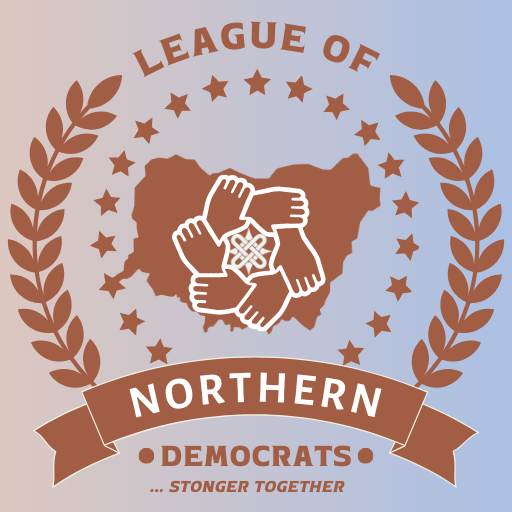The League of Northern Democrats (LND) has urged the National Assembly to amend the Nigeria Tax Bill, citing infringements on religious and cultural rights, particularly concerning inheritance laws.
In its presentation, “Nigeria Tax Reform Bills: The LND Perspective”, delivered by Senator Bala Na’Allah in Abuja on Tuesday, the League noted that Sections 4 (3-4) of the bill reintroduce provisions from the repealed Capital Transfer Tax Decree of 1979.
He said this law, abolished in 1994, conflicted with the teachings of Nigeria’s dominant religions.
“The League recommends that Sections 4 (3) and (4) be expunged from the Nigeria Tax Bill, as they infringe on the rights to religious and cultural practices across the country with respect to inheritance,” the LND stated.
The League also criticized provisions for the “sunset” of key institutions like the Tertiary Education Trust Fund (TETFund) by 2029 and the National Information Technology Development Agency (NITDA) by 2026. Both play critical roles in education, research, and digital literacy.
“TETFund has significantly contributed to the development of tertiary institutions, while NITDA is vital to Nigeria’s digital transformation. Phasing them out prematurely undermines progress,” the League argued.
“ It proposed consolidating these initiatives under TETFund and transitioning NELFund into a revolving fund independent of development levies.
Regarding Value Added Tax (VAT), the LND described the proposed progressive increment—rising by 2.5% every five years to 15% by 2035—as “hasty and unscientific.”
The league warned of potential inflationary pressures, further straining households already burdened by high living costs.
LND chairman, Senator Ibrahim Shekarau, lauded the government’s tax reform efforts to broaden the tax base and strengthen fiscal federalism but emphasized the need for inclusivity and equity.
“If implemented without addressing key concerns, these reforms could lead to social, economic, and political instability,” Shekarau cautioned.
Dr. Yerima Ngama, a committee member, advocated for aligning the bills with constitutional provisions to respect cultural and religious practices, supporting the informal sector, and fostering equitable tax distribution.
“Nearly 80% of VAT revenue comes from just 10 large corporations. Expanding the economic base through policies promoting agriculture, mining, and animal husbandry can double corporate growth, increase VAT revenue, and reduce poverty, particularly in Northern Nigeria,” Dr Ngama added.
We’ve got the edge. Get real-time reports, breaking scoops, and exclusive angles delivered straight to your phone. Don’t settle for stale news. Join LEADERSHIP NEWS on WhatsApp for 24/7 updates →
Join Our WhatsApp Channel










